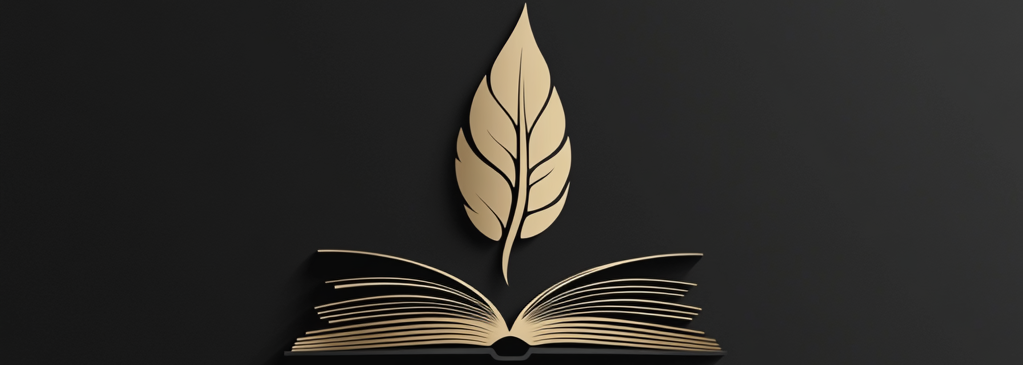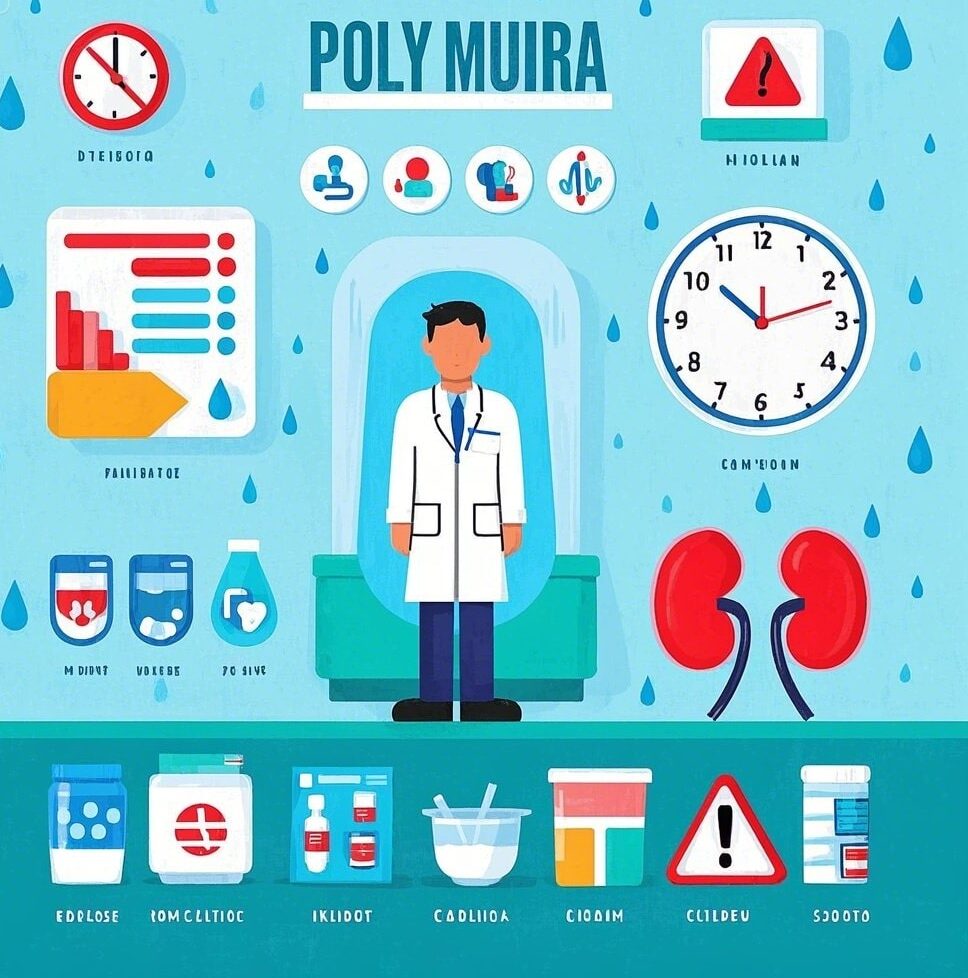🚽 What Is Excessive Urination?
Ever feel like you’re running to the bathroom way more than usual? That might be excessive urination, also called polyuria. It means you’re passing an abnormally large amount of urine in a 24-hour period — typically more than 3 liters a day.
But what’s normal anyway?
⏳ What’s “Normal” When It Comes to Peeing?
How Often Should You Urinate a Day?
On average, most people urinate six to eight times a day. If you’re hitting double digits, especially without drinking gallons of water, it might be a sign something else is going on.
Does Drinking More Water Make You Pee More?
Absolutely. The more fluids you take in, the more your kidneys have to process — and out it goes. But if you’re still urinating excessively without chugging liquids all day, that’s worth checking.
What Affects Urination Patterns?
-
Age
-
Medications
-
Weather (you sweat less in winter, so you may pee more)
-
Diet and hydration
-
Underlying health conditions
🔍 What Causes Excessive Urination?
Let’s break down the most common culprits.
1. Increased Fluid Intake
Sometimes, the cause is as simple as drinking a ton of water or sports drinks. Especially those with caffeine — which leads us to…
2. Caffeine and Alcohol
Both are diuretics. That means they tell your kidneys to release more water. Coffee, tea, beer — yep, they all boost urination.
3. Diabetes Mellitus
One of the hallmark signs of both type 1 and type 2 diabetes is frequent urination. High blood sugar pulls fluid from your tissues, making you thirstier — and when you drink more, you pee more.
4. Diabetes Insipidus
This rare condition affects the hormone that controls fluid balance in your body. The result? You’re constantly dehydrated and always peeing.
5. Urinary Tract Infections (UTIs)
Burning, urgency, and frequency — that trio screams UTI. Though you may not actually pass much urine, the urge is constant and frustrating.
6. Diuretics (“Water Pills”)
These medications are often prescribed for high blood pressure or heart conditions. They work by helping your body eliminate excess salt and water.
7. Anxiety and Stress
Yep, your mind can affect your bladder. Ever had to pee before a big meeting or performance? Chronic anxiety can cause habitual frequent urination.
8. Pregnancy
Blame the hormones and the baby pressing on your bladder! It’s one of the earliest — and most annoying — pregnancy symptoms.
9. Overactive Bladder
This condition makes your bladder muscles contract involuntarily, causing frequent and sudden urges to go — even when your bladder isn’t full.
10. Kidney Problems
Your kidneys regulate fluids in the body. If something’s off, they might flush more than they should — or not enough.
⚠️ Symptoms That Should Make You Take Note
Frequent urination might not come alone. Be on alert if you notice:
Burning or Pain
Could be a UTI or kidney stone.
Urgency or Incontinence
When you can’t make it in time or feel like you constantly have to go.
Nighttime Trips (Nocturia)
Waking up more than once to urinate at night may signal diabetes or prostate issues.
Cloudy, Bloody, or Foul-Smelling Urine
All signs something is up — don’t ignore them.
Fatigue and Weight Loss
Especially when paired with excessive urination — could indicate diabetes or kidney issues.
🚨 When to Worry
If your urination pattern suddenly changes and you don’t know why, it’s time to investigate. Especially if it’s interfering with your life or accompanied by other symptoms.
Red Flags to Watch For:
-
Blood in urine
-
Burning or sharp pain
-
Sudden weight loss
-
Extreme thirst
-
Weakness or dizziness
How Long Should You Monitor It?
Give it a few days — especially if you’ve changed diet, medications, or hydration habits. But if it persists for over a week, call your doctor.
🧪 How Is It Diagnosed?
What to Expect at the Doctor’s Office
-
Detailed history: fluids, habits, medications, and symptoms
-
Physical exam
-
Lab tests
Common Tests Include:
-
Urinalysis
-
Blood sugar test
-
Bladder scan
-
Kidney function test
💊 Treatment Options
1. Treat the Root Cause
-
Diabetes? You’ll need medication and diet adjustments.
-
UTI? Antibiotics should clear it up.
-
Anxiety? Therapy or stress management may help.
2. Lifestyle Tweaks
-
Avoid caffeine and alcohol
-
Limit fluids before bed
-
Stay consistent with hydration during the day
3. Medications
For overactive bladder or hormonal issues, specific meds can calm the bladder muscles or regulate hormone levels.
🏠 Home Remedies That Actually Help
Fluid Management
Sip water throughout the day rather than chugging it at once.
Avoid Bladder Irritants
Say goodbye (for now) to spicy foods, soda, citrus, and artificial sweeteners.
Kegel Exercises
They strengthen your pelvic floor and help with bladder control.
🛡️ Prevention Tips
-
Stay hydrated – but not overhydrated
-
Pee when you need to, don’t hold it in
-
Maintain a healthy weight
-
Control blood sugar levels
-
Get regular health checkups
🧘 Final Thoughts
Frequent urination can be a minor nuisance — or a sign of something more serious. Listen to your body. If something feels off, don’t wait. With the right steps, you can find the cause, get the right treatment, and take back control.
❓ FAQs
1. Can excessive urination be caused by stress?
Yes! Anxiety and chronic stress can trigger frequent urination by affecting your nervous system.
2. How much urination is considered too much?
More than 3 liters per day is medically considered excessive.
3. Is frequent urination always a sign of diabetes?
No, but it’s one of the most common early symptoms. A simple blood test can rule it out.
4. Should I stop drinking water if I urinate too often?
Nope. Dehydration can make things worse. Drink smart — spread your intake through the day.
5. What can I do at home to reduce my urination frequency?
Cut back on caffeine, avoid bladder irritants, do pelvic exercises, and manage your fluid intake wisely.

